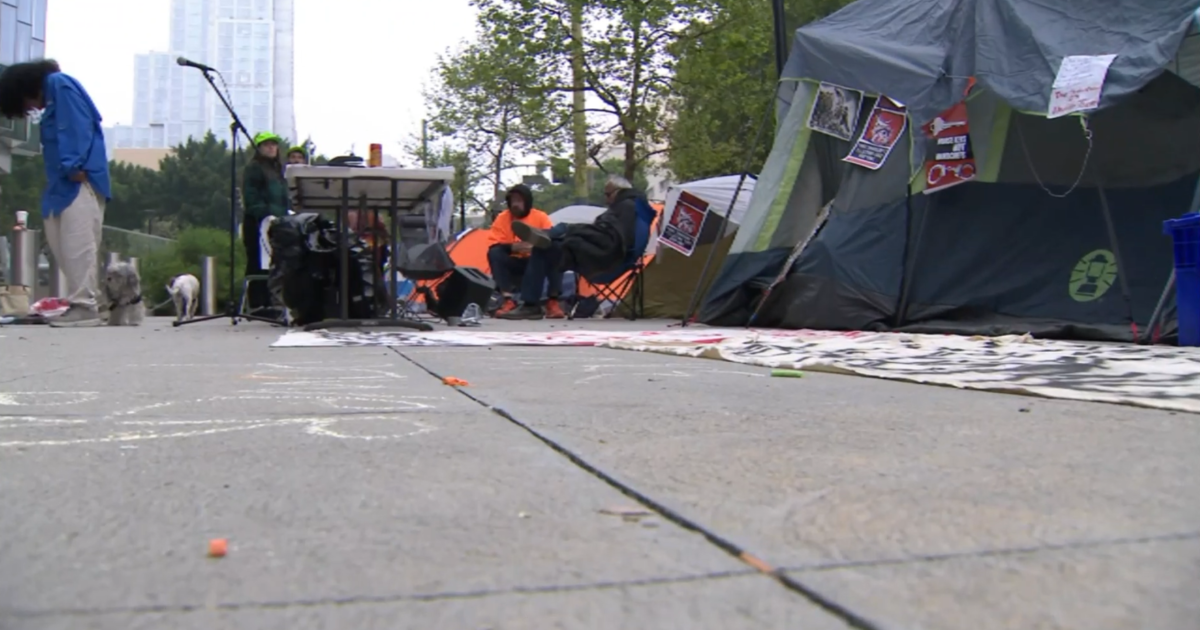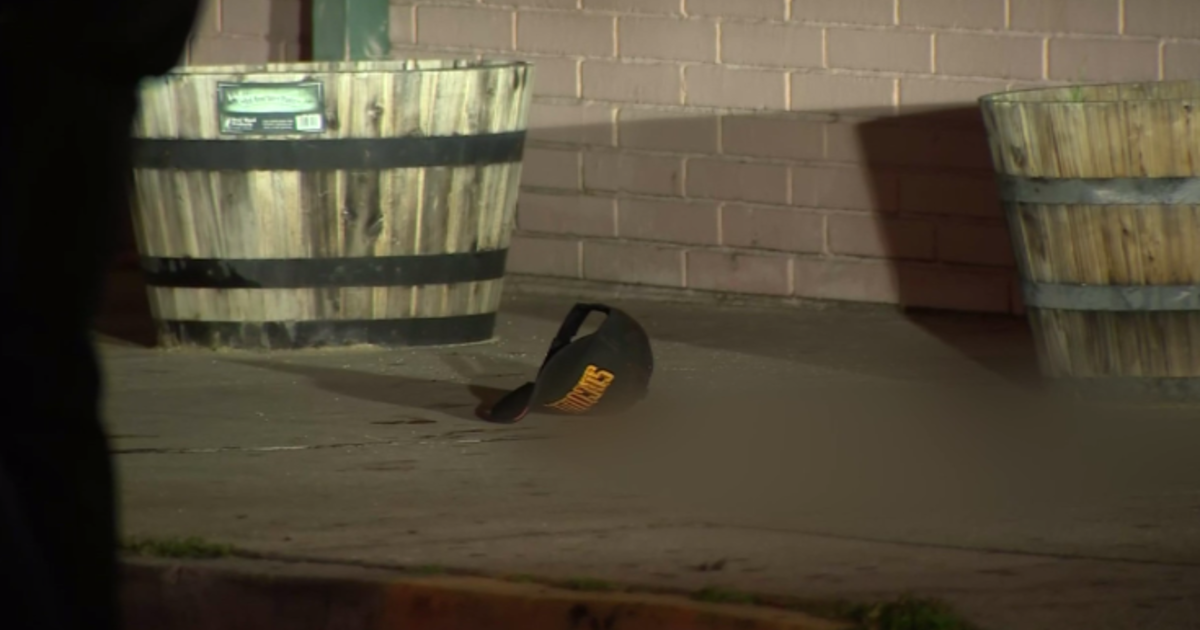California Democrats Thank Trump For Legislative Majorities
SACRAMENTO, Calif. (AP) — California lawmakers begin their new legislative session Monday with crushing Democratic supermajorities in both chambers to go with their sweep of all statewide offices.
Democrats benefited from changing demographics and attitudes toward President Donald Trump to overachieve in last month's election by historic margins, even in areas long supportive of Republicans, like Orange County and the Central Valley.
They'll have 29 of the 40 state Senate seats, two more than the two-thirds supermajority they need to raise taxes, suspend legislative rules and override vetoes without Republican votes. And they will hold a three-quarters majority in the Assembly — 60 of the 80 seats.
"It is entirely unprecedented in the modern era," said Alex Vassar, the California State Library's legislative historian.
Democratic gains accentuate what already was a marked geographic split: They control virtually the entire coast and major inland cities, while Republicans are relegated mostly to the rural mountains, forests and deserts of eastern California.
That could be bad news for the roughly 10 million people Republicans represent — about a quarter of the population — though a huge swath of the agricultural Central Valley that was represented by the minority party could now benefit from being represented in the Democratic majority. But Senate Republican Leader Patricia Bates of Laguna Niguel said she expects to work cooperatively on issues that often transcend political boundaries, like responding to recent wildfires by assisting devastated communities and improving forest management.
It's the Democrats' widest margin in the Assembly since 1883; the record for Democratic Assembly seats was 68 in 1854, while Republicans held 71 Assembly seats in 1937, Vassar said. Democrats last had this many Senate seats when John F. Kennedy was president in 1962. Republicans last reached that milestone when Dwight D. Eisenhower was president, in 1953.
To get there, Democrats ousted the sole remaining Republican in the San Francisco Bay Area, claimed three traditionally Republican Senate seats in Orange County and the Central Valley, and turned Assembly seats in more conservative areas of Southern California. For the first time in 40 years, Democrats will represent the Santa Clarita Valley north of Los Angeles; coastal north San Diego County; and coastal central Orange County.
"We've simply become a one-party state," said Tony Quinn, editor of the nonpartisan California Target Book that tracks legislative races.
Part is because of the state's changing voting demographics to a younger, more independent, diverse population. Yet University of California, San Diego political scientist Thad Kousser said Trump helped Republicans alienate socially moderate, fiscally conservative, environmentally conscious suburban voters.
"Donald Trump's voice is so loud that Republicans in California can't distinguish themselves from it," he said.
Each party will temporarily lose a Senate seat when statewide officials take office in January because Democrat Ricardo Lara was elected insurance commissioner and Republican Ted Gaines was elected to the Board of Equalization. Their successors picked in special elections are likely to be from the same party.
Assembly Speaker Anthony Rendon of Lakewood and Senate President Pro Tem Toni Atkins of San Diego have met with Democratic governor-elect Gavin Newsom several times and found they share an interest in affordable housing and easing homelessness, early childhood education and improving health care. But while Newsom and Atkins support a single-payer system, Rendon blocked an earlier Senate version.
He and Atkins said the focus may be on providing universal coverage, not necessarily a government-run program.
Rendon also hopes Newsom will be more sympathetic to several sexual harassment and gun violence bills that were vetoed by termed-out Democratic Gov. Jerry Brown.
He said he has no plans for any tax-increase votes "at this point," but said moderate and progressive Democrats alike share Newsom's desire to expand the state's tax base. Atkins opposes higher taxes on lower- and middle-income Californians but noted many rich residents have seen unprecedented gains in wealth.
Both Democratic leaders said an early priority will be reacting to recent devastating wildfires — not on more aid for utilities that may be found financially liable, but in aiding hard-hit communities.
In the face of devastating climate change, "we need to think about things like zoning ... where we build and how we build," Rendon said. Atkins added in a separate interview that the same limits may apply to coastal communities responding to higher sea levels. She also said fire prevention, firefighting, emergency alert systems and evacuations must all be improved, while utilities must quickly find ways to stop sparking wildfires.
Despite their party's overwhelming majorities, moderate Democrats bolstered by last month's election are likely to struggle with their more liberal colleagues if they try to impose new taxes or an expensive single-payer health care system, said analysts including termed-out Gov. Jerry Brown.
"The fact is it's a simple formula," Brown said after the election. "The more Democrats win legislative seats, the more conservative are the ones who win."
(© Copyright 2018 The Associated Press. All Rights Reserved. This material may not be published, broadcast, rewritten or redistributed.)



